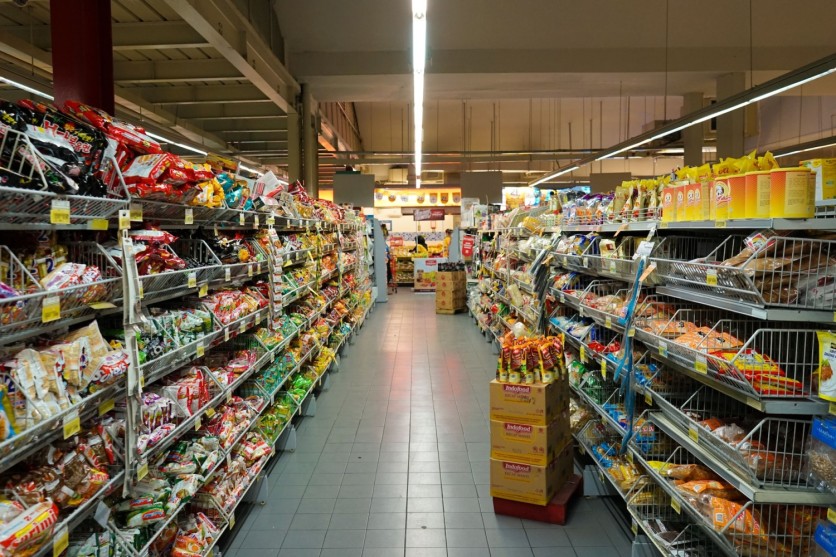The era of self-checkout kiosks may be approaching its twilight as major retailers backtrack on the once-hyped technology, citing theft and consumer dissatisfaction.
Self-checkout is trending at first, but for some stores, it offers more disadvantages than advantages.
Retail Giants Take Action on Self-Checkout

When we hear about a new technology, we are often fascinated as to what advanced process it can do. However, not all things that shine are gold. Some are just there to impress other people.
As Gizmodo reports, several tech giants have considered making a move when it comes to self-checkout in 2023.
For instance, Target imposed limits on self-checkout items, restricting usage to ten items or less in some stores. On the other hand, Walmart went a step further by removing self-checkout machines from several locations.
Across the pond, Booths, a prominent British grocery chain, took a decisive step by abandoning self-checkout entirely.
Dollar General, initially optimistic about self-checkout in 2022, admitted defeat as CEO Todd Vasos announced plans to boost in-store employee numbers, signaling a significant shift in their checkout strategy.
"We had relied and started to rely too much this year on self-checkout in our stores. We should be using self-checkout as a secondary checkout vehicle, not a primary," Vasos said.
Related Article : Amazon's New AI Tool Instantly Answers Product Queries
Watch Out For Theft in Self-Checkout Kiosks
A prevailing issue haunting self-checkout kiosks is the alarming rate of theft. Consumers find it easy to pilfer items from these machines, contributing to a reported 21 times higher theft likelihood compared to traditional human cashiers.
The cumbersome self-checkout process also leads to unintentional theft, with one in five shoppers confessing to accidentally stealing items during the checkout, as revealed by a Lending Tree survey.
Shockingly, one in seven consumers admitted to purposeful theft from self-checkout kiosks.
The Double-Edged Sword of Automation
Contrary to expectations, self-checkout machines amplify theft rates and drive up labor costs. Employees often divert their attention from other responsibilities to assist customers grappling with the perplexing and error-prone kiosks.
Analysts argue that the overall costs escalate, a particularly bitter pill for the industry as these machines come with a hefty installation price tag, often exceeding six figures for a system of four machines.
Consumer Preferences vs. Growing Dissatisfaction
Despite 60% of consumers expressing a preference for self-checkout in 2021, a significant shift is underway. The appeal of automation is diminishing as frustrations, theft accusations, and wasted time mount.
Even though 67% of users reported self-checkout failures, a growing number are souring on the technology, signaling a potential decline in its popularity.
Nothing Can Replace Human Labor
While big retailers harbor dreams of automating checkout processes, the human touch remains indispensable. The attempt to replace human jobs with robots faces resistance as consumers increasingly recognize the drawbacks of self-checkout technology.
The road ahead for self-checkout seems fraught with challenges as retailers grapple with the delicate balance between automation and preserving the human workforce.
Read Also: No More Membership Card Sharing? Costco Cracks Down on Non-Members





